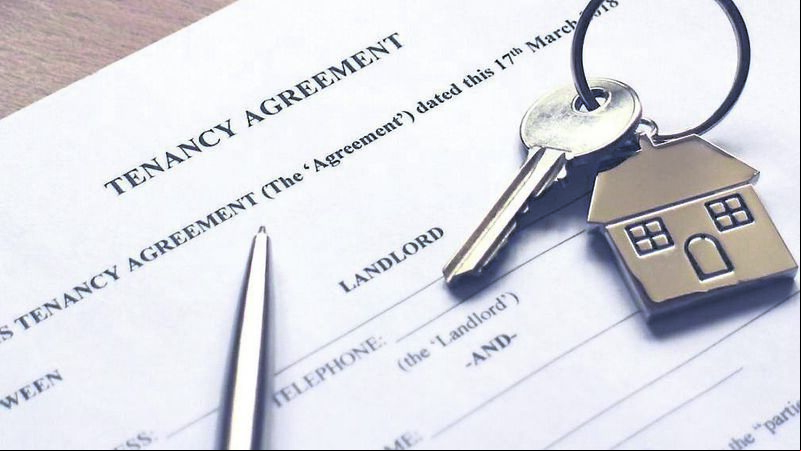Advice if you’re looking to rent a home

How much can you afford in rent and bills?
What is the standard of the accommodation?
What is the Building Energy Rating (BER)?
What is its location? Is it near to your work or college?
How long do you plan to stay there?
Do you want to share a bedroom, bathroom or kitchen?
- Is the agency licensed?
- What services does it offer?
- If you pay a fee, in what circumstances will you get a refund?
- Are there any signs of dampness?
- Do the windows open?
- What security is available (such as window locks, burglar alarm)?
- Does it have a working smoke detector?
- Is there a fire alarm? Check fire evacuation procedures
- Who pays for the heating? What hours is it on, and who controls it?
- Is there hot water all or some of the time?
- Are the cooker and fridge clean and working?
- ?What sort of condition is the bathroom in?
- Do you have to share the bathroom, if so, with how many others?
- Is there storage for bicycles?
- Is there a bus route or other public transport nearby?
- Are there shops and other facilities nearby?
- Does the property have a parking space?
- You leave without giving proper notice, or leave before the end of a fixed-term lease
- You cause damage to the accommodation beyond normal wear and tear
- You leave with bills or rent unpaid.
- The scammer asks for a deposit but claims they can’t show you the property as they are out of the country
- The scammer is living at the property, shows it to different people and asks for rent off each one. They then disappear with the money.
- The process seems to go well, but you are given fake keys and the scammer disappears







 App?
App?




